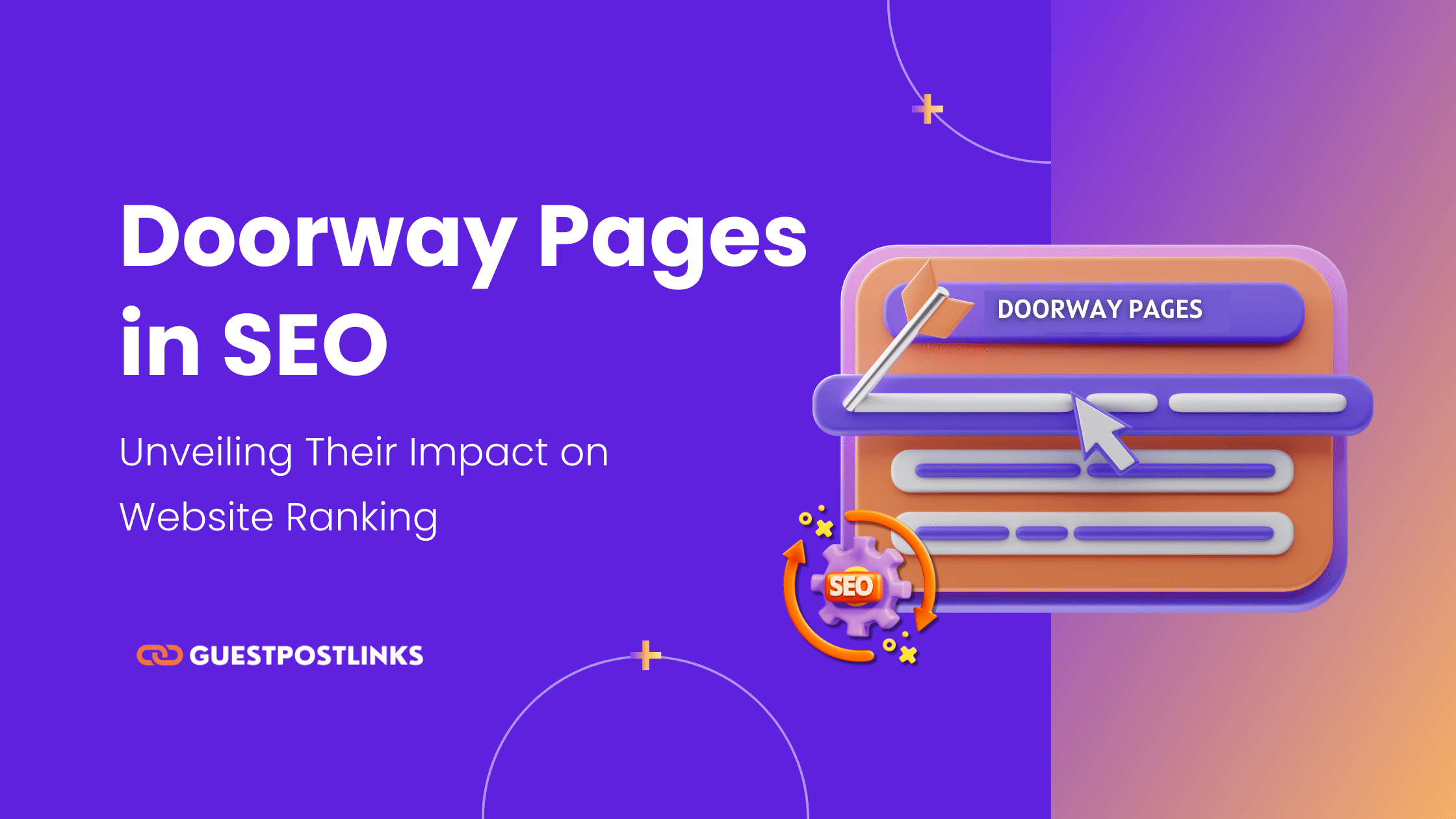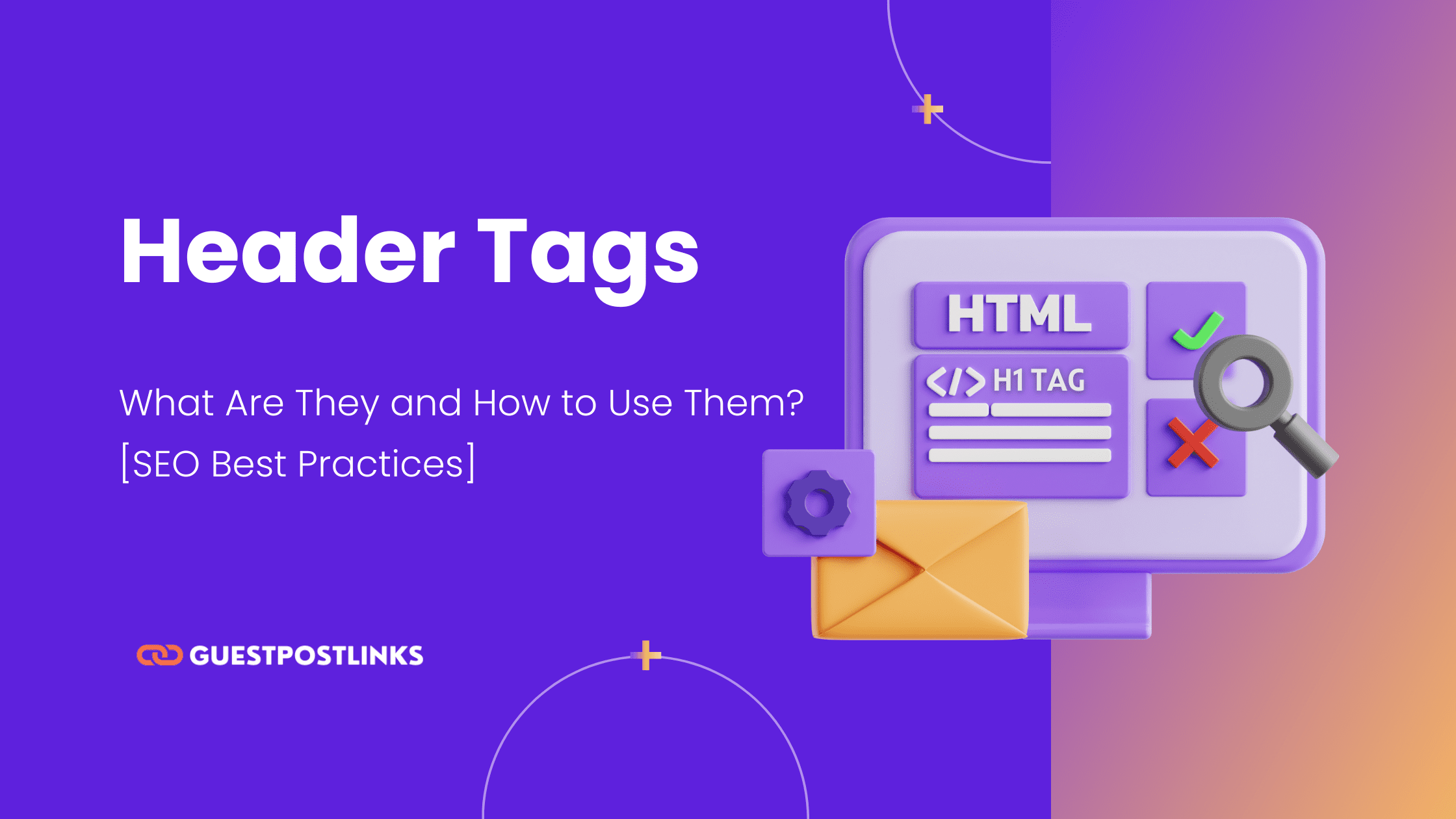Links play a crucial role in search engine optimization (SEO) by connecting webpages and enabling users to navigate the internet. When it comes to links, there are two primary types: Absolute and Relative.
Understanding the difference between them is essential for optimizing your website’s SEO performance.
In this blog post, we will delve into the difference between absolute and relative links and discuss their respective pros and cons.
What is an Absolute URL?
An absolute URL is a complete web address that includes the protocol (http/https) and the domain name.
For example: “https://www.example.com” is an absolute Link. Absolute URLs provide the exact location of a webpage on the internet.
<a href="https://www.example.com/page.html">Example</a>Why Choose Absolute URLs?
Absolute URLs offer several benefits for SEO:
Foils Scrapers
Including absolute URLs in your links makes it difficult for content scrapers to misrepresent your content. Scrapers rely on copying content and presenting it as their own, but absolute URLs prevent them from altering the source URL.
Prevent Duplicate Content Issues
Search engines treat different URLs as separate pages. Absolute URLs ensure that each page is recognized as distinct, preventing duplicate content penalties that can harm your SEO efforts.
What is a Relative URL?
A relative URL is a partial web address that relies on the current page’s URL as a reference point. Instead of specifying the entire address, a relative link indicates the location of a resource relative to the current page.
For example: if the current page is “https://www.example.com/page1” a relative URL like “/page2” would refer to “https://www.example.com/page2.”
<a href="example.html">Example</a>Why Choose Relative URLs?
Relative URLs offer the following advantages:
Quicker Coding
Relative URLs simplify coding by requiring less typing. They are easier to manage when working on a website’s structure and help avoid errors that can occur with absolute URLs.
Staging Environment
In a staging environment where you develop or test a website, relative URLs are useful. They enable easy migration from a staging site to a live site since the links are based on the current page’s URL.
Quicker Load Times
Relative URLs can lead to faster page loading because they avoid redirects. They save time by pointing directly to the desired resource without the need for additional server requests.
Difference Between an Absolute URL and a Relative URL
Here is a comparison table highlighting the difference between absolute and relative URLs:
| Absolute URL | Relative URL |
|---|---|
| Contains the protocol and complete domain address. | Contains partial address based on the current page. |
| Useful for definitive linking and external sources. | Ideal for internal linking and site structure. |
| Foils scrapers and prevents duplicate content. | Simplifies coding and quicker load times. |
Pros and Cons of Relative URLs
Pros
- Simplified Coding: Relative URLs require less typing and are easier to manage when coding a website.
- Fast Transition of the Site into Working: Relative URLs facilitate seamless migration from a staging environment to a live site.
- Increase Download Speed: Relative URLs can contribute to faster page loading times.
Cons
- Duplicate Pages: If used incorrectly, relative URLs may lead to the creation of duplicate pages.
- https://www.examplesite.com
- https://examplewebsite.com
- http: // www. examplewebsite.com
- http: //examplewebsite.com
- Stealing Content: Relative URLs make it easier for others to scrape and present your content as their own.
- Deteriorating of Linking: Using relative URLs can result in broken links if the site structure changes.

Pros and Cons of Absolute URLs
Pros
- The Link Points to the Correct URL all the Time: Absolute URLs ensure that the link always leads to the intended destination.
- Makes it Difficult to Steal Content: Absolute URLs make it harder for content scrapers to misrepresent your content.
- Prohibits Duplicate Content: Absolute URLs help search engines recognize separate pages, avoiding duplicate content issues.
- Simplifies Site Crawling Process for Search Engines: Absolute URLs provide search engines with clear navigation paths.
Cons
- Not Suitable for Testing: Absolute URLs can make it challenging to test different versions of a webpage since they point to a specific location.
Also Read: Ultimate SEO Glossary: 499+ Essential SEO Terms You Need to Know!
Absolute VS. Relative URLs for SEO
The choice between absolute and relative links depends on various factors, including your website’s structure, Internal linking strategy, and content management system.
Both types have their own advantages and drawbacks when it comes to SEO. Factors like backlinks profile, canonical tags, and site structure can influence the impact of choosing one over the other.
How to Create Effective Absolute Links?
When using absolute URLs, consider the following tips to maximize their effectiveness:
- Use descriptive anchor text that includes relevant keywords.
- Ensure link integrity by regularly checking for broken links.
- Optimize your SEO URL structure to align with best SEO practices.
Personally will recommend absolute to clients if it’s easy for them or they are starting from scratch, because you limit accidentally linking to say non-www when the whole site is www otherwise. But devs do prefer relative because it’s easier to switch from dev to production
— Dan Shure (@dan_shure) July 4, 2018
Conclusion
Choosing between absolute and relative links depends on your specific requirements and the goals of your website. Absolute URLs offer advantages such as foiling scrapers and preventing duplicate content, while relative URLs simplify coding and improve load times.
Consider your website’s structure, SEO objectives, and content management strategy to determine which type of link is most suitable for your needs. By understanding the differences between absolute and relative links, you can optimize your website’s SEO performance and boost user experience.
FAQs
An example of an absolute link is “https://www.example.com/page1,” while a relative link would be “/page2.”
Relative links are partial web addresses based on the current page’s URL, while absolute links provide the complete web address, including the protocol and domain name.
Absolute links include the complete web address, including the protocol (http/https) and domain name.





 No publishers in the cart.
No publishers in the cart.